

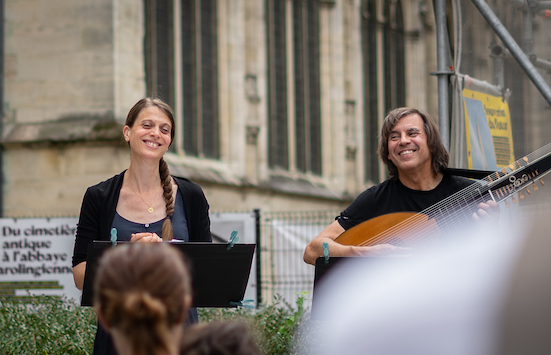
“This is the music of Italians like Frescobaldi and Piccini, Spaniards like Juan Hidalgo and Santiago de Murcia, and men and women like Barbara Strozzi. Their songs are about the human experience, whether rich or poor: the bliss and torments of love, the pain of separation and death, the power of emotion and the joy of living. There are many melancholic melodies, but also graceful and lighthearted airs. Some rhythms will make you want to dance, while others will hypnotize you with their relentless repetition.”“
Cappella Mediterranea’s soloists
We wanted to take you on a journey with us to a part of the Mediterranean that has been open to the world for centuries through migration, conquest, royal marriages, exploration, and cultural and commercial exchanges. From the Renaissance onwards, Spain and Italy were closely associated. Spain, which had colonized America, joined forces with Italy, the seat of Christianity. These two powerful nations reigned intellectually and spiritually over Europe and the New World. In the Baroque period, the difference between popular and art music was not as marked as it is today. It was natural for composers – most of whom were employed by princely courts or the Church – to borrow dance rhythms and melodies from popular traditions and embellish them with the latest musical innovations of the time. – The soloists of Cappella Mediterranea
Girolamo Frescobaldi (Ferrara, 1583 – Rome, 1643) – Begli occhi – Cosi mi disprezzate
Alessandro Piccinni (Bologna 1566 – 1638) – Ciacona
Girolamo Frescobaldi (Ferrara, 1583 – Rome, 1643) – Se l’aura spira – Ti lascio ánima mía
Barbara Strozzi (Venice, 1619 – Padua, 1677) – Che si puo fare
Juan Hidalgo (Madrid 1614 – 1685) – Esperar Sentir Morir
Popular Catalunya – La dama d’Arago
Santiago de Murcia (Madrid 1673 – 1739) – Jácaras
Federico García Lorca (Grenada 1898 – 1936) – Anda Jaleo
Manuel de Falla (Cádiz 1876 – Argentina 1946) – Canción del Fuego Fatuo
Performance running time: approx. 60 minutes. The educational version of this concert runs for 20 to 45 minutes.
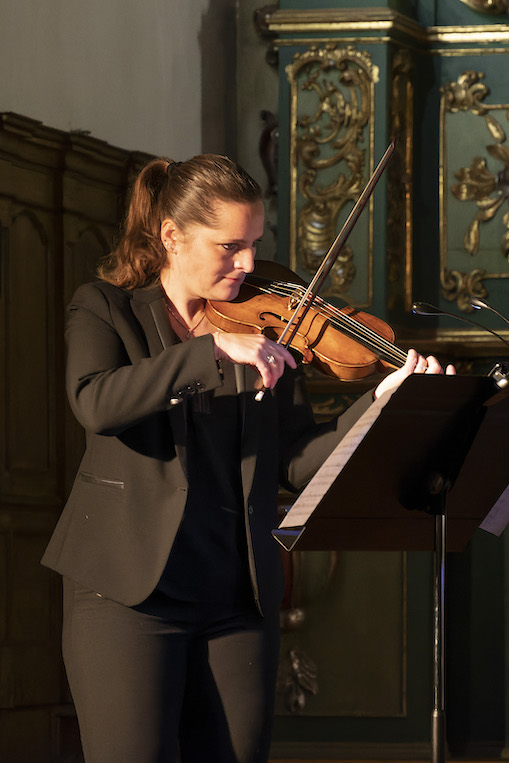
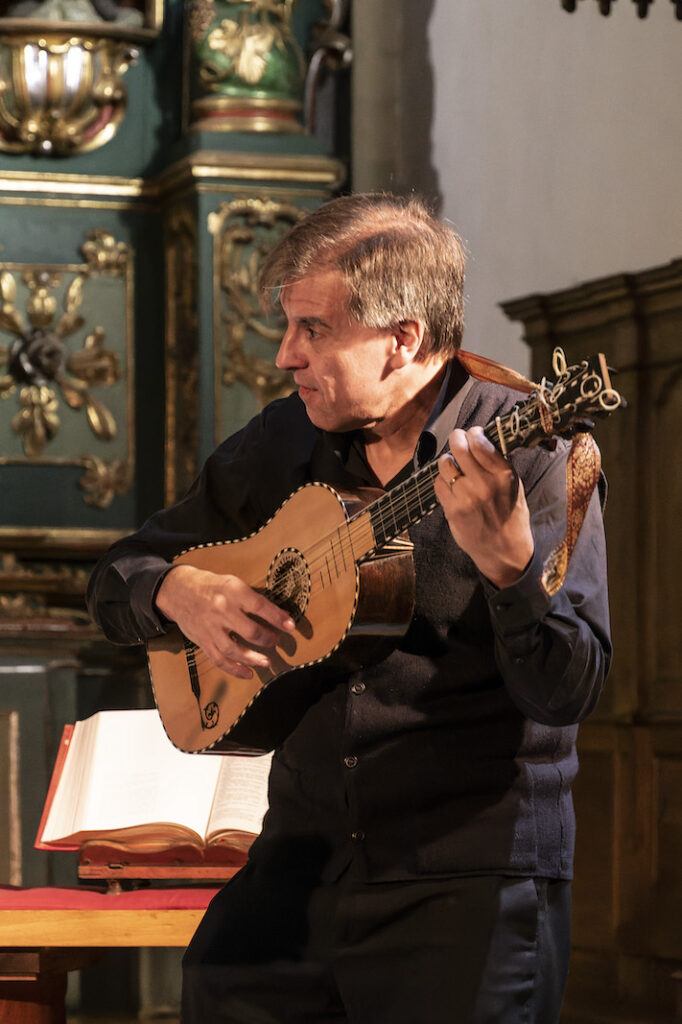
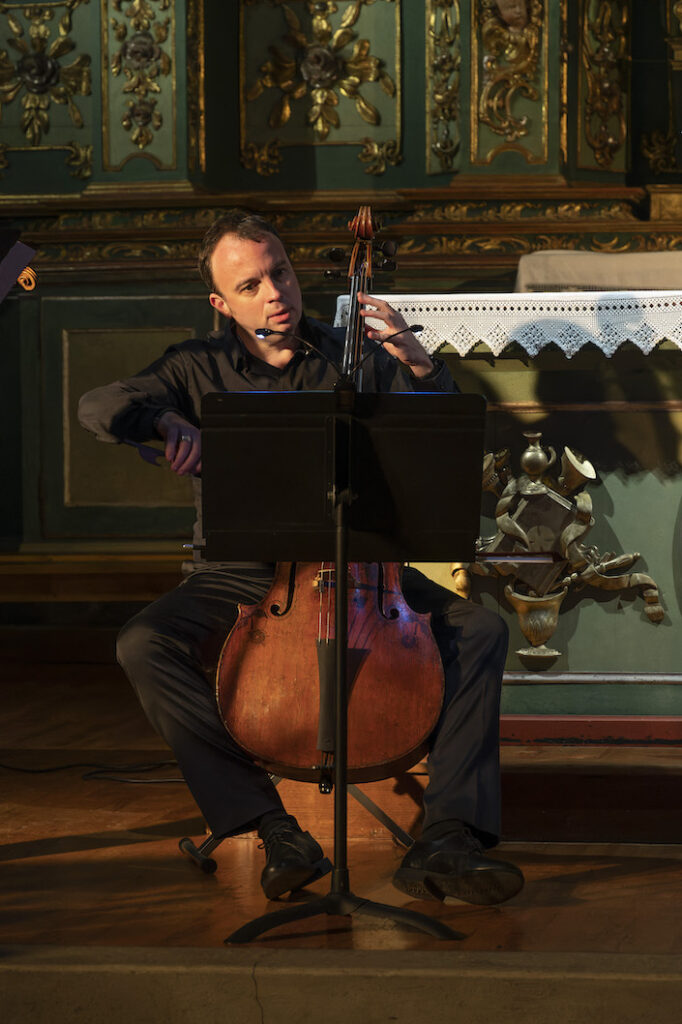
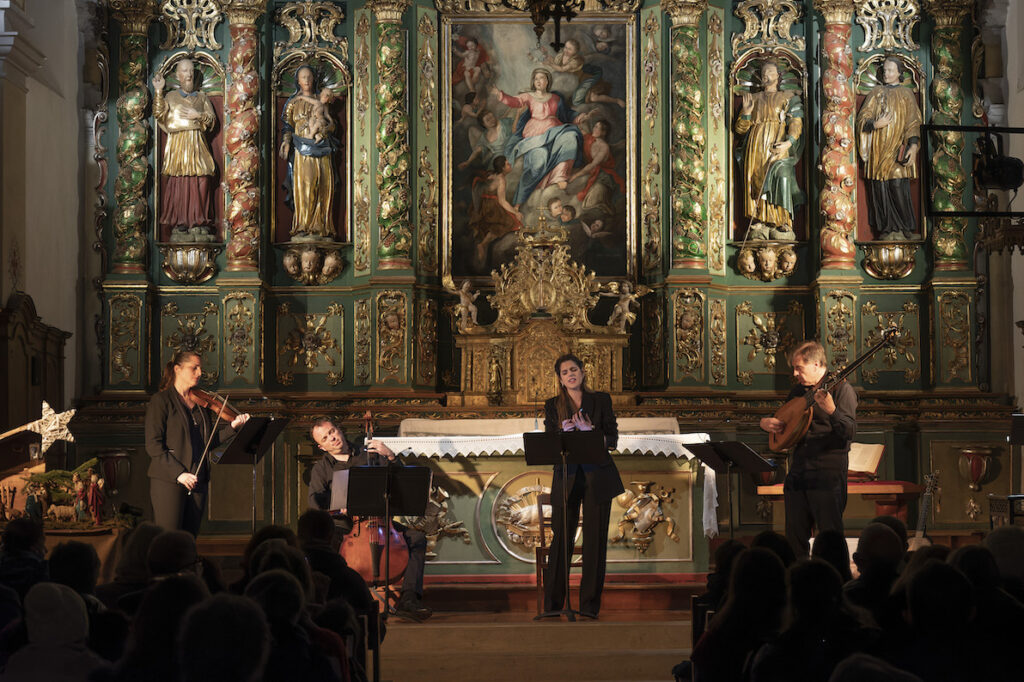
The ALLA SPAGNOLA concert and educational concerts based on this programme are sponsored by the Caisse d’Epargne Rhône Alpes, which has been supporting our activities in the region since 2017.
